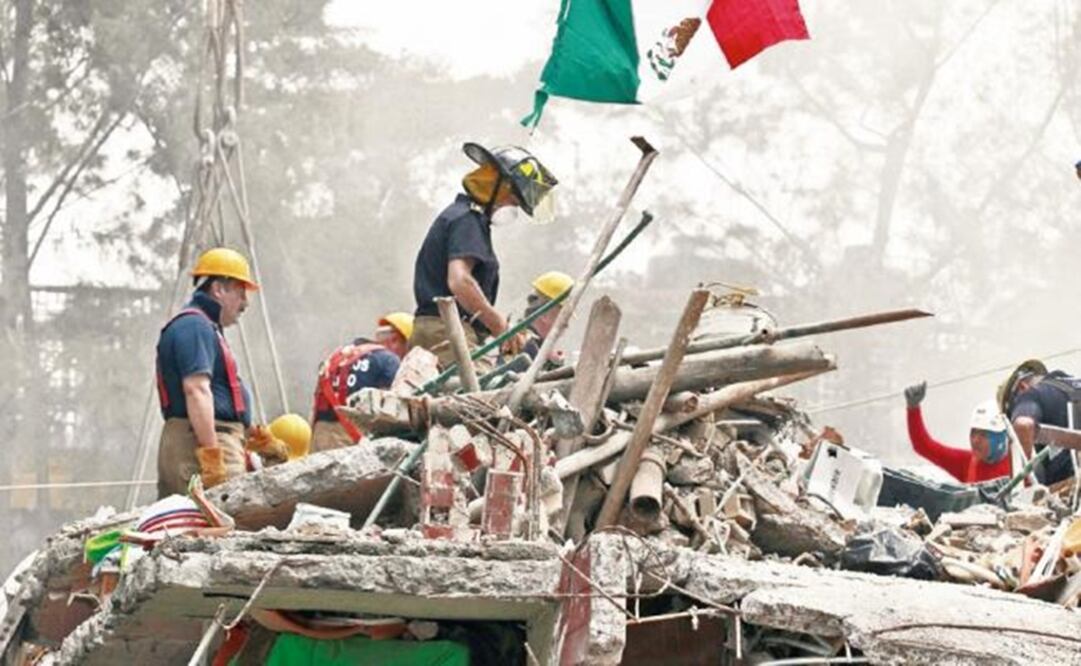Más Información

CFE garantiza suministro eléctrico ante tormenta invernal que impacta el norte de México; nevadas y lluvias provocan bajas temperaturas

"Diseñada para los más fuertes"; así son las camionetas de lujo que se compraron los ministros de la Nueva Corte

Exrector de Universidad Autónoma de Campeche responsabiliza a Layda Sansores de lo que pueda ocurrirle; asegura que le sembraron la droga

La OTAN y Dinamarca acuerdan reforzar la seguridad en el Ártico; discusiones con Groenlandia y EU empezarán "muy pronto"
The relationship between the Mexican people and the political power in the country has been suffering, from quite some time, a deep transformation. The political system is still the same as it was designed several decades ago: a strong institutional structure backed by the governing party and a group of business unions legitimizing the power. Citizens were never part of the equation – a situation which is completely unsustainable nowadays.
The actions of the citizens after September 19 aren't coincidental. This has a background in other episodes of modern Mexican history when society has demanded accountability to a political power who refuses to be transparent in processes and decisions, which isolates itself from the needs of the people, and, above all, which resists to acknowledge the presence of organized individuals who want to participate, propose, demand accountability, and enforce democracy .
In Mexico City and at a Federal level, the electoral process for the 2018 General Elections has begun. The logic is already known by all: in the upcoming months, the different political forces will reveal their candidates for all the public office positions. However, contrary to how the process usually goes, the earthquake of two weeks ago could have started something which can shift the process and results.
The images of unity – similar to to the ones in 1985 – are a lesson of the power of a collective action. In contrast, the late response of local governments was proof of the gap between the society and the leaders of public administration.
According to this framework, the electoral process will begin to elect a new Mayor for Mexico City, new borough leaders, and a new local Congress. Those aspiring to a public office need to understand they are facing a society which is demanding more out of its authorities and that, when the time comes, will reward or punish their attitude towards public interest.
The big challenge of those who will govern the capital is to get closer to the people, who have shown, at specific but vital times, they are above the governments due to their sense of unity. The inhabitants of Mexico City, now more than ever, will demand transparency, accountability, the proper use of public resources and sensitivity towards the needs of all. Will the politicians willing to enter the competition measure up?
am
Noticias según tus intereses
[Publicidad]
[Publicidad]










